- Awards & Recognitions
- All Awards
- Representative Clients
- More Clients
- Events
- All Events
Tokyo – 2nd Annual AI and IP Conference
Capital Markets Law Update 2024: MiFID, Investment Advice, Crypto, EMIR – Online Seminar on March 8th
Coffee Talk: Are We Good?
ESG in Transition – Online Seminar on November 16th
International Arbitration – CLE Webinar on November 10th
Rimon Falkenfort Partner Bernd Geier to Present on ESG in Changing Times
Indo-US Legal Sector: Redefining Relationships Conference Hosted by the Consulate General of India, New York and SEPC
Rimon Falkenfort Partners Bernd Geier and Oliver Otto to Present at Corporate Restructuring Conference in Düsseldorf, Germany
German Online Seminar: Capital Market Law 2023 – Quo vadis?
Webinar: Structuring Down-Round Financing: Anti-Dilution Protections, Employee Considerations, Mitigating Board Conflicts
- News & Insights
- All news
COVID-19 Guidance – New CDC Recommendations
New York City Workers’ Bill of Rights Notice
Rimon Partner Jennifer Duffy Recognized as a Top 30 Matrimonial and Family Law Trial Attorney by The National Trial Lawyers
2024 California Employment Law Update
AERKOMM and Nasdaq-Listed IX Acquisition Corp. Announce Merger Agreement and US $35 Million Private Placement
OneMedNet Completes Securities Purchase Agreement, Solidifying Cash Position to Accelerate Growth
Podcast Roundup: Wealth and Law, March 2024
Rimon Attorneys Ken Anderson, Jill Berliner, Ray Garcia and Celeste Moy on 2024 Billboard Top Music Lawyers List
Privacy Overview
This website uses cookies so that we can provide you with the best user experience possible. Cookie information is stored in your browser and performs functions such as recognising you when you return to our website and helping our team to understand which sections of the website you find most interesting and useful.









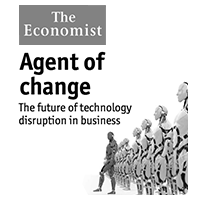




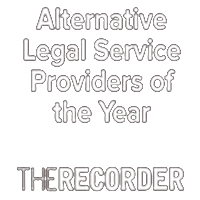



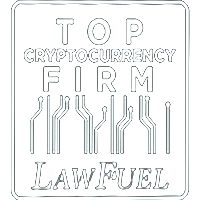

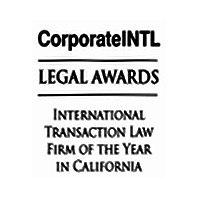





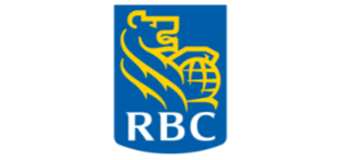

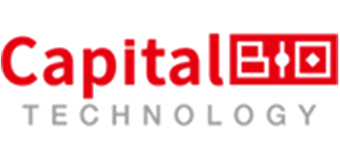
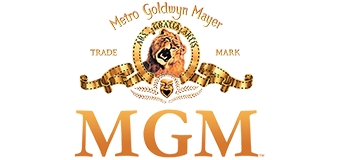

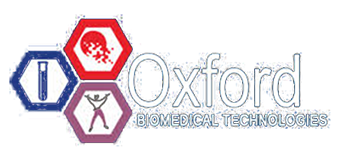

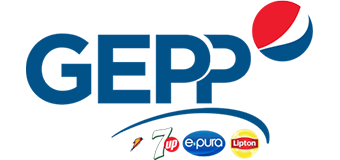
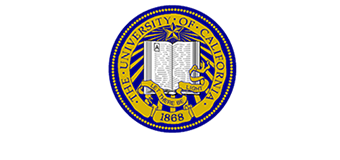
 Eric D. Kirsch
Eric D. Kirsch  Bernd Geier
Bernd Geier  David J. Mahoney
David J. Mahoney  Michael S. Lazaroff
Michael S. Lazaroff  Paul R. Gupta
Paul R. Gupta  Joseph I. (“Joe”) Rosenbaum
Joseph I. (“Joe”) Rosenbaum  Oliver Otto
Oliver Otto  Dror Futter
Dror Futter  Maureen Bradley
Maureen Bradley  Rita DiStefano
Rita DiStefano  Jennifer Gillon Duffy
Jennifer Gillon Duffy  Kendra Orr
Kendra Orr  David E. Case
David E. Case  Debbie A. Klis
Debbie A. Klis  Carl Sherer
Carl Sherer  Brent Nelson
Brent Nelson  Kenneth B. Anderson
Kenneth B. Anderson  Jill H. Berliner
Jill H. Berliner  Ray Garcia
Ray Garcia  Celeste Moy
Celeste Moy 